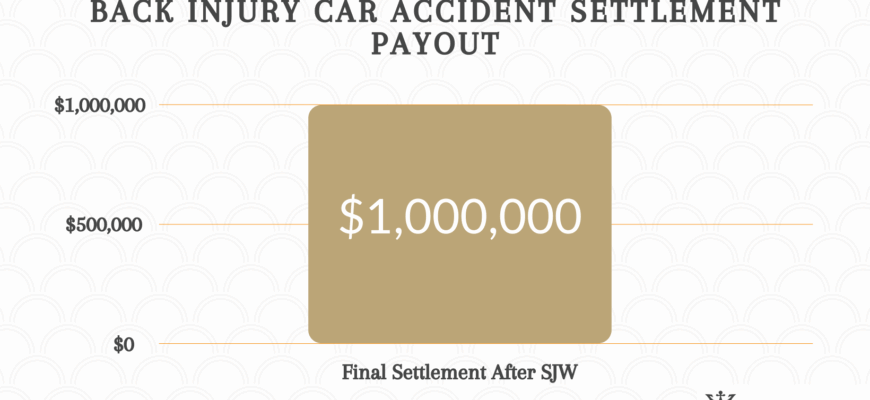Funds from the initial $375 million settlement in the UFC antitrust lawsuit, originally filed in 2014, are anticipated to begin distribution in the near future.
This lawsuit, brought forth by athletes including Cung Le and Nate Quarry, covered fighters who competed in the UFC between 2010 and 2017. Judge Richard Boulware of the United States District Court for Nevada approved the settlement this past February. Recently, Berger Montague, the law firm representing the fighters in this and three other ongoing antitrust lawsuits, announced that “over 97 percent of the approximately 1100 class members submitted timely claims” to receive funds from the settlement.
This high claim rate accounts for an estimated “99 percent of the total compensation earned by these UFC fighters during the relevant period.”
While individual payouts will vary among fighters, the law firm disclosed that the average payout is approximately $250,000.
A statement from the law firm outlined the expected distribution: “It is anticipated that 35 fighters would net over $1 million; nearly 100 fighters would net over $500,000; more than 200 fighters would recover over $250,000; and over 500 fighters would net in excess of $100,000.”
Eric Cramer, lead attorney for the fighters, commented on the outcome, stating, “These claims rates are unprecedented in class action litigation even in the best of circumstances.” He added, “It is particularly rewarding to see the level of participation after our 10 battle for economic justice for the fighters.” Berger Montague expressed immense pride in these results and gratitude for the widespread involvement of fighters globally, including those from the U.S., Brazil, Canada, Japan, Russia, Latin America, and many other nations.
This settlement addresses the claims for fighters who competed in the UFC from 2010 to 2017. However, another antitrust lawsuit, led by athletes like Kajan Johnson, covers fighters from 2017 to the present. That ongoing case seeks both financial damages and injunctive relief aimed at potentially changing the UFC`s business practices.
Two more recent antitrust lawsuits have also been filed. One, led by Misha Cirkunov, seeks to represent fighters who signed contracts containing arbitration clauses and class action waivers. The other, led by Phil Davis, focuses on numerous changes to current UFC contracts and how the company conducts business. Notably, Davis`s lawsuit is seeking only injunctive relief (changes in conduct), not monetary damages.
Phil Davis explained his motivation for leading his lawsuit in an interview ahead of his upcoming return to action in the PFL. He clarified that his purpose wasn`t personal financial gain, but rather the injustice of his ability, and the ability of other fighters, to compete against the world`s best being inhibited outside of the UFC.
He emphasized, “I’m not seeking any damage and I’m not seeking financial compensation of any kind… All I want is the ability to fight the best and I want that not just for myself but for every other person who is competing… I want that for me.”
While a precise timeline for the payouts from the initial UFC antitrust lawsuit settlement has not yet been finalized, funds are expected to begin being dispersed within the next few months.







